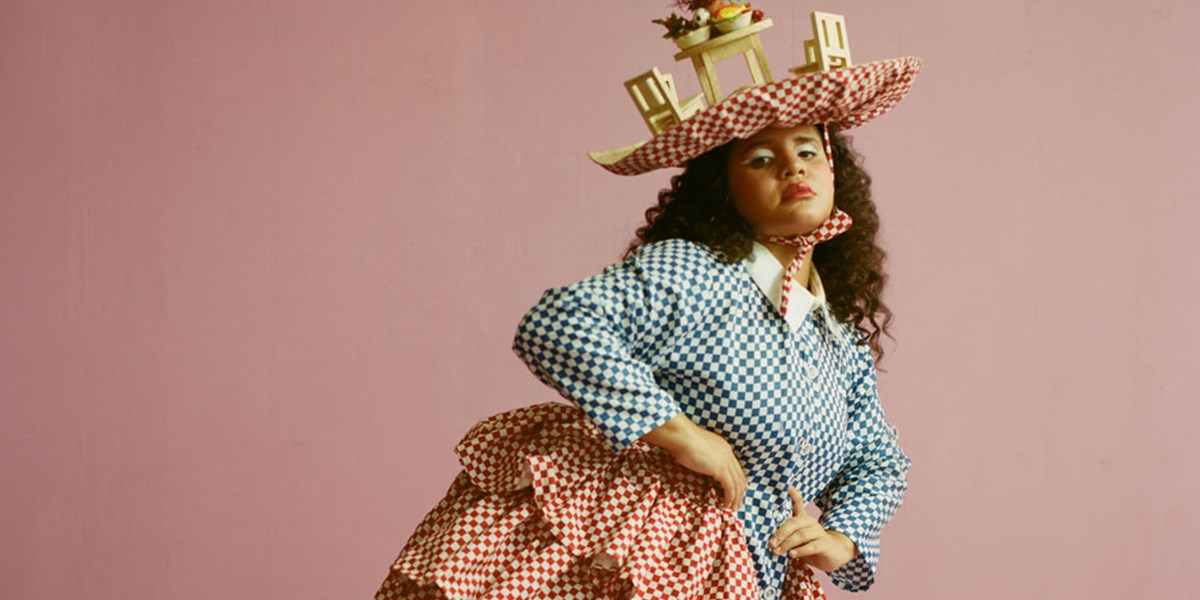Friday, May 20, 2022
Lido Pimienta interview: “When you realise that you don’t actually have to please other people, your life gets better”
By Russ Slater
It’s been a tough road for Colombian-Canadian artist Lido Pimienta, but she’s finally having her moment. She speaks to Russ Slater about her music and activism

Lido Pimienta (photo: Camila Falquez)

Register now to continue reading

Thanks for visiting the Songlines website, your guide to an extraordinary world of music and culture. Sign up for a free account now to enjoy:
- Free access to 2 subscriber-only articles and album reviews every month
- Unlimited access to our news and awards pages
- Our regular email newsletters

